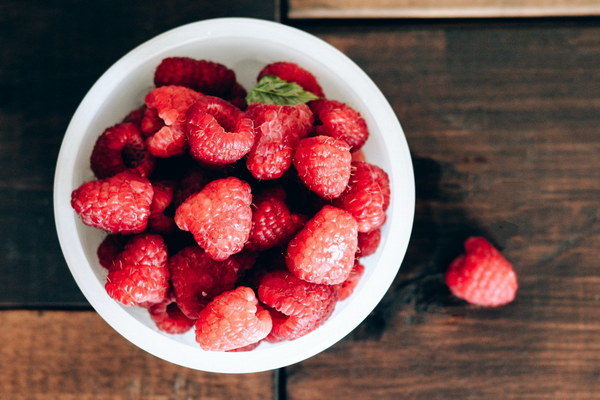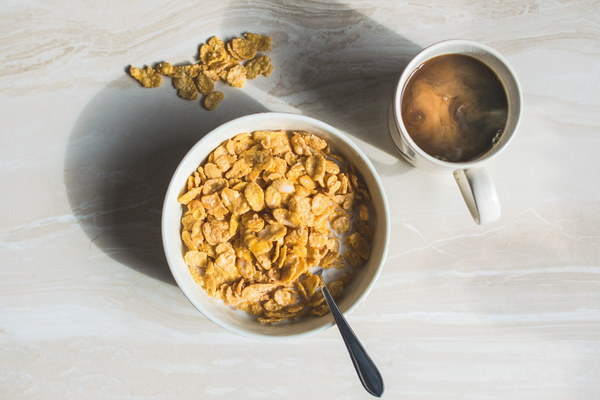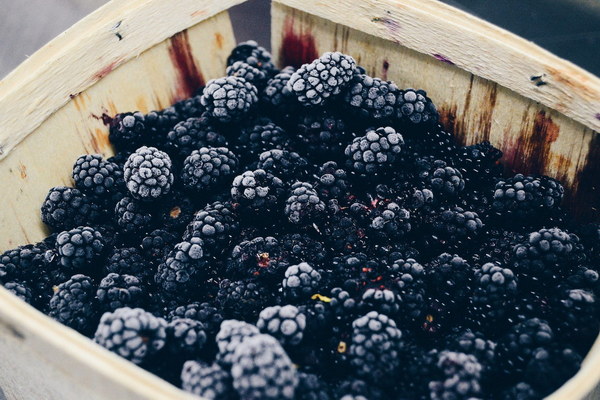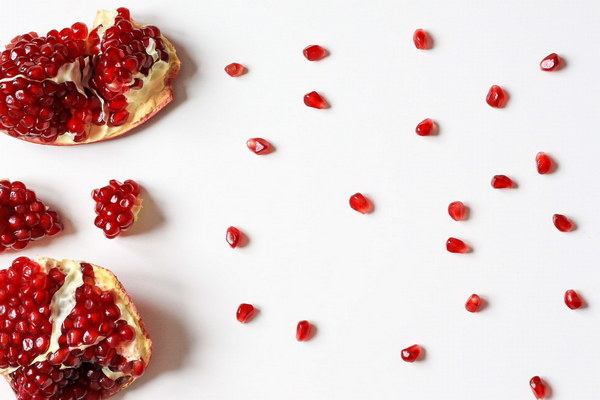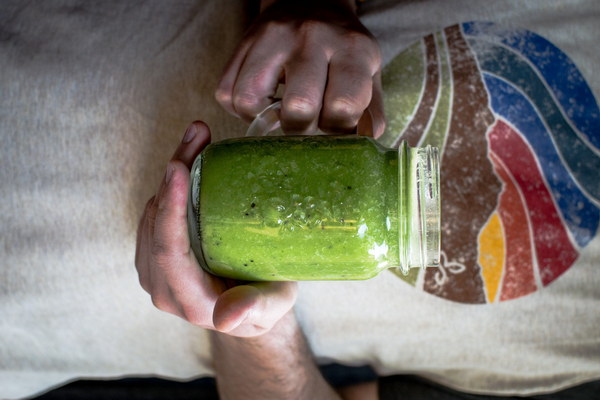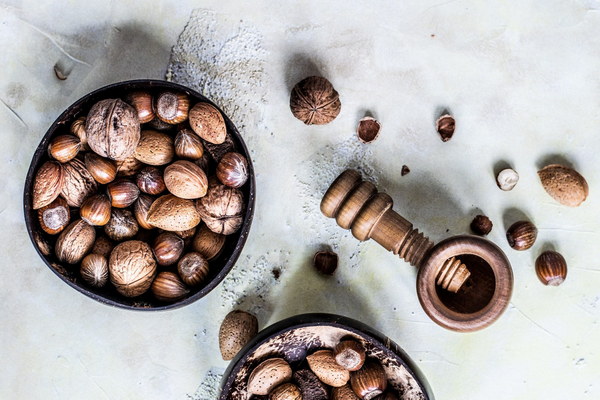Revitalize Your Health The Power of Phlegm-Resolving, Phlegm-Thinning, and Qi-Blood-Nourishing Remedies
In the realm of traditional Chinese medicine (TCM), the concept of phlegm plays a crucial role in understanding and treating a wide range of health issues. Phlegm, or tan, is considered to be a pathological product that arises from an imbalance in the body's fluids. This imbalance can lead to various symptoms, such as cough, phlegm production, and difficulty breathing. To combat these issues, TCM practitioners often employ a combination of herbal remedies, dietary adjustments, and lifestyle changes aimed at resolving phlegm, thinning phlegm, and nourishing Qi and blood. This article will explore the concepts of phlegm-resolution, phlegm-thinning, and Qi-blood-nourishing, and provide insights into how these practices can contribute to overall health and wellness.
1. Understanding Phlegm
In TCM, phlegm is a sticky, thick fluid that can accumulate in the body's tissues and organs. It is believed to originate from an excess of dampness within the body, which can be caused by various factors, such as overeating, excessive drinking, and poor dietary habits. When phlegm accumulates, it can obstruct the flow of Qi (vital energy) and blood, leading to a variety of health problems.
Common symptoms associated with phlegm include:

- Cough with thick, white, or yellow phlegm
- Shortness of breath
- Fatigue
- Dizziness
- Confusion
- Headache
- Chest discomfort
2. Resolving Phlegm
The process of resolving phlegm involves breaking down and eliminating the excess phlegm from the body. This can be achieved through the use of certain herbal remedies that have been traditionally used in TCM to disperse and transform phlegm. Some of these herbs include:
- Pinellia (Banxia)
- Atractylodes (Cangzhu)
- Alisma (Ze Xie)
- Fritillaria (Bai He)
In addition to herbal remedies, other methods that can help resolve phlegm include:
- Breathing exercises: Practices such as tai chi and qigong can help improve lung function and promote the movement of Qi and phlegm.
- Acupuncture: Acupuncture can help balance the body's Yin and Yang, and may be used to treat phlegm-related conditions by stimulating specific acupuncture points.
- Massage: Massage therapy can help relieve muscle tension and improve circulation, which can aid in the elimination of phlegm.
3. Thinning Phlegm
Once the excess phlegm has been resolved, the next step is to thin the remaining phlegm to facilitate its elimination from the body. Thinning phlegm involves the use of herbs that can break down the thick, sticky nature of phlegm, making it easier to cough up and expel. Some herbs commonly used for this purpose include:
- Honey: A natural demulcent that can help soothe the throat and make phlegm more manageable.
- Licorice (Gan Cao): This herb can help harmonize the body's Yin and Yang, and may be used in combination with other herbs to thin phlegm.
- Astragalus (Huang Qi): Known for its immune-boosting properties, astragalus can help strengthen the body's defenses against phlegm-related conditions.
4. Nourishing Qi and Blood
In TCM, the health of Qi and blood is crucial to maintaining overall well-being. Qi is the vital energy that animates the body and is responsible for various physiological functions, while blood is the substance that nourishes and protects the tissues. To support the body's recovery from phlegm-related issues, it is important to nourish both Qi and blood.
Herbal remedies that can help nourish Qi and blood include:
- Astragalus (Huang Qi)
- Codonopsis (Dang Shen)
- Rehmannia (Shu Di Huang)
- Angelica (Dang Gui)
In addition to herbal remedies, practices that can support Qi and blood health include:
- Adequate rest: Ensuring sufficient sleep and rest is essential for the body to regenerate and maintain its Qi and blood.
- Proper nutrition: A diet rich in essential nutrients can help support the production and circulation of Qi and blood.
- Regular exercise: Engaging in moderate exercise can help strengthen the body and improve circulation, which can contribute to overall Qi and blood health.
In conclusion, the concepts of phlegm-resolution, phlegm-thinning, and Qi-blood-nourishing are integral to the practice of TCM and can play a significant role in improving overall health and wellness. By addressing the root causes of phlegm-related issues and supporting the body's Qi and blood, individuals can experience relief from symptoms and achieve long-term

